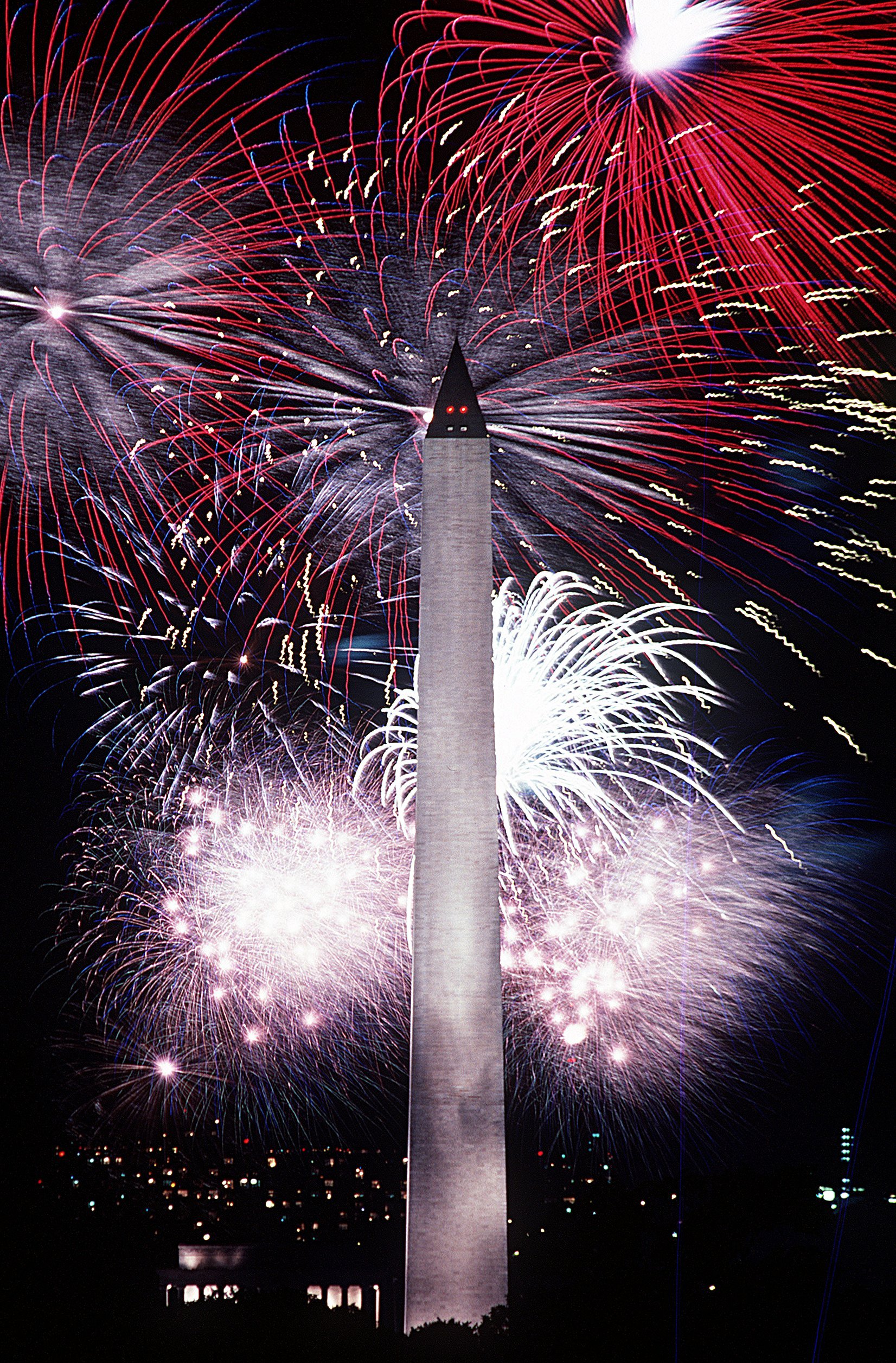
Public holidays in the United States
In the United States, public holidays are set by federal, state, and local governments and are often observed by closing government offices or giving government employees paid time off. The federal government does not require any private business to close or offer paid time off, as is the case for most state local governments, so employers determine which holidays to observe.
For other uses, see Public holidays in the United States (disambiguation).Public holidays in the United States
Several federal holidays are widely observed by private businesses with paid time off. These include New Year's Day, Memorial Day, Independence Day, Labor Day, Thanksgiving, and Christmas. Businesses often close or grant paid time off for New Year's Eve, Christmas Eve, and the Day after Thanksgiving, but none of these are federal holidays. Other federal holidays are less widely observed by business. Most federal holidays are regularly celebrated on a Monday or Friday to create a three-day weekend.
Christmas is the only religious holiday that is a federal holiday. Some businesses allow employees of non-Christian religions to take paid time off for their religious observances.
Other holidays, such as Halloween and Valentine's Day, are widely celebrated in the United States but rarely include paid time off.
The following federal holidays are observed by the majority of private businesses with paid time off:
Other federal holidays are less widely observed by businesses. These include:
Established in 2021, Juneteenth is the newest federal holiday. In its second year of federal observance, 30% of private employers offered paid time off.[11]